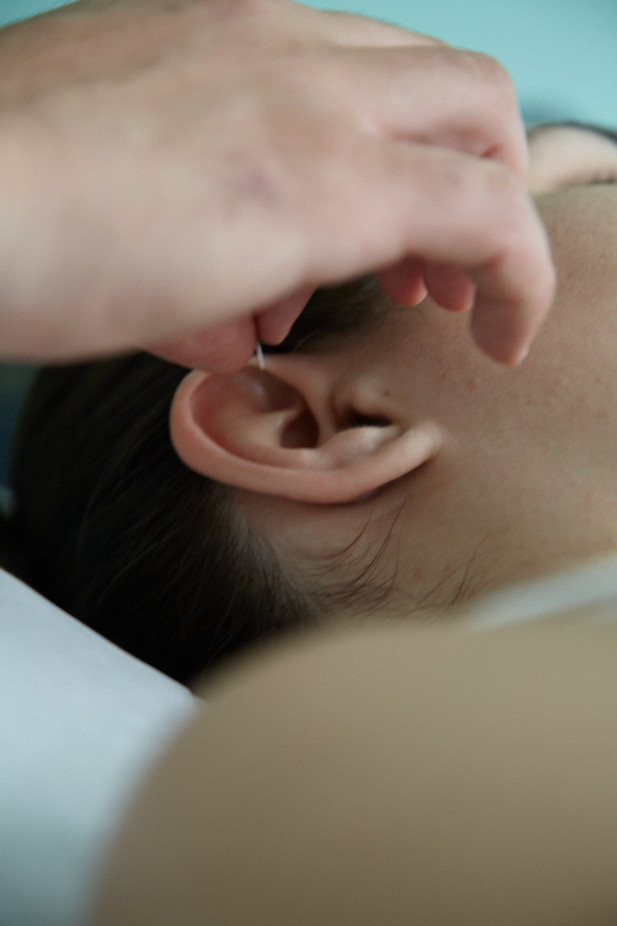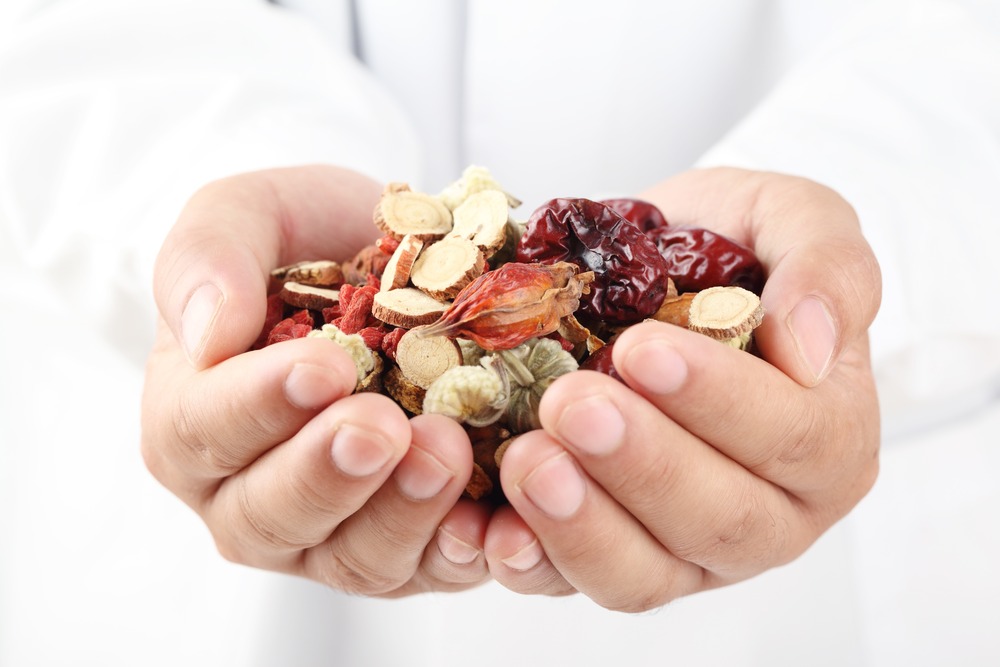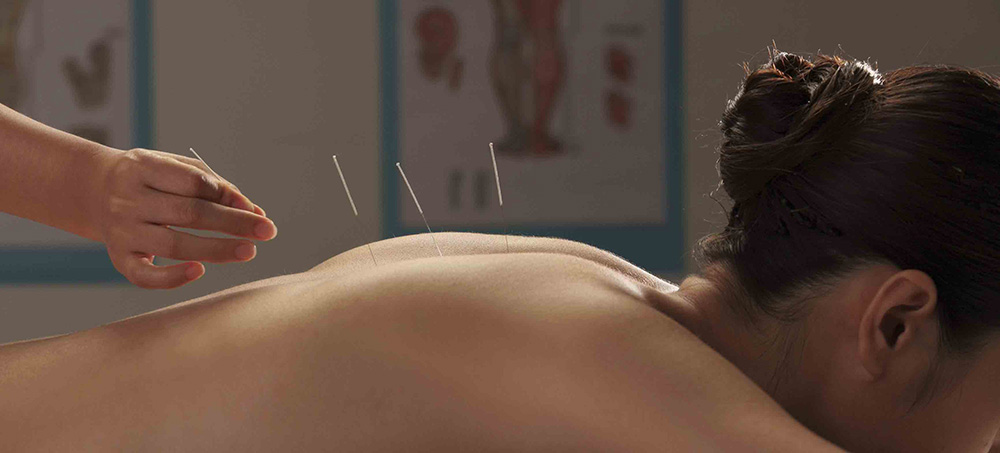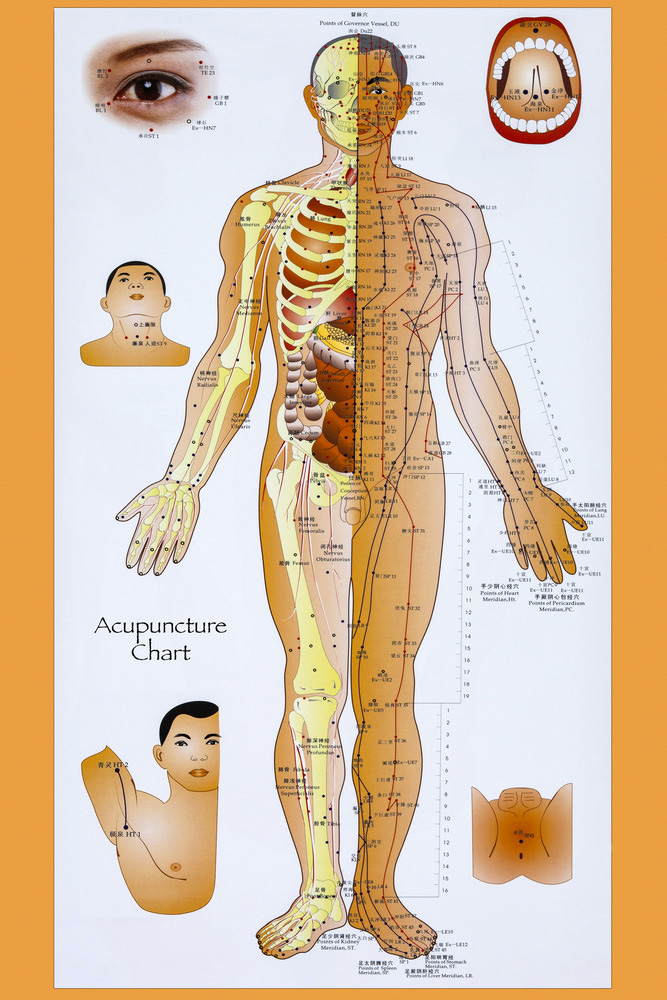
Interstitial cystitis, also called Painful Bladder Syndrome (PBS) is characterized by painful and frequent urination. Other symptoms can be tenderness in the lower abdomen, pelvis, and pelvic floor, a feeling of incomplete urination, sexual dysfunction, urinating at night, and also depression and anxiety.
IC has significant impact on people’s lives. But acupuncture can provide significant relief of the pain and discomfort associated with IC.
How does Acupuncture and Chinese medicine treat Interstitial Cystitis or Painful Bladder Syndrome?
Acupuncture works by correcting imbalances in the body. The idea is that your body was once healthy. But something disrupted the normal functions. Acupuncture helps to reset the body, bringing it back to a healthy state.
Acupuncture is holistic and the acupuncture treatment are tailored specifically to your specific symptoms. So the acupuncture treatment is not the same for each person.
During the examination and intake, IC symptoms along with your overall health are considered. This paints a picture of the underlying imbalance that is causing the disease. Common imbalances for interstitial cystitis are Qi (the body’s energy) weakness, lack of circulation of qi, and heat. It is not uncommon for people to suffer from more than one of these imbalances.
People with qi weakness, or lack of energy, are often tired and have digestive problems. This can cause frequent urination, urination at night, and a feeling of fullness in the abdomen. Qi stagnation is a lack of circulation of the energy and can cause pain, bloating, and muscle spasms. Qi stagnation may cause spasm in the muscles of the pelvic floor.
heat is also a frequent cause of interstitial cystitis symptoms. Heat in the body can cause dryness, burning urination, abnormal sweating, stiff joints, and headaches. Often, heat is a reflection of inflammation. Heat may develop after having a urinary tract infection. Infection may also lead to qi vacuity.
Once the proper imbalance is identified, the acupuncture point prescription is tailored to correct that imbalance.
What is Acupuncture like?
Acupuncture uses thin needles that are placed in points selected to correct the specific imbalance you are experiencing. The needles stay in the points for about twenty minutes to a half hour. Usually, people feel very relaxed during the acupuncture treatment. This is probably from the release of pain relieving chemicals in the brain.
Generally, the acupuncture points for interstitial cystitis are located on the arms and legs, as well as the lower abdomen and lower back. Auricular, or ear, acupuncture is very helpful for pain and spasm of the bladder.
If qi deficiency is the main issue, then acupuncture points such as Spleen 9, Kidney 7, on the legs, Ren 3, 4, and Kidney 12 on the abdomen, and Lung 9 on the arms can be used. If there is qi stagnation, acupuncture points such as Liver 3, Liver 5,and Liver 8, and Large intestine 4 can be used. If there is heat, acupuncture points such as Kidney 2 and Liver 2, Large intestine 4, Large intestine 11, and San Jiao 3 are often used.Points such as bladder, ureter, pelvis, and the spirit gate are helpful. Often, I will use small magnets on these points to stimulate them in between acupuncture treatments.
Acupressure massage helps to support the acupuncture in relaxing the muscles as well as relieve stress. Sometimes electro-acupuncture can relieve the constant feeling of fullness and urgency in the bladder.
The results of acupuncture are cumulative over a series of treatments. Once the imbalance is corrected, the body can work to heal itself and can result in long lasting benefit. Relaxation techniques such as breathing exercises and meditation can be a vital support for relieving stress and preventing the tension from returning.



